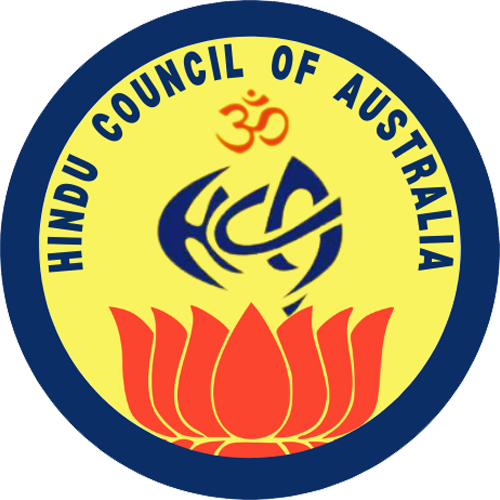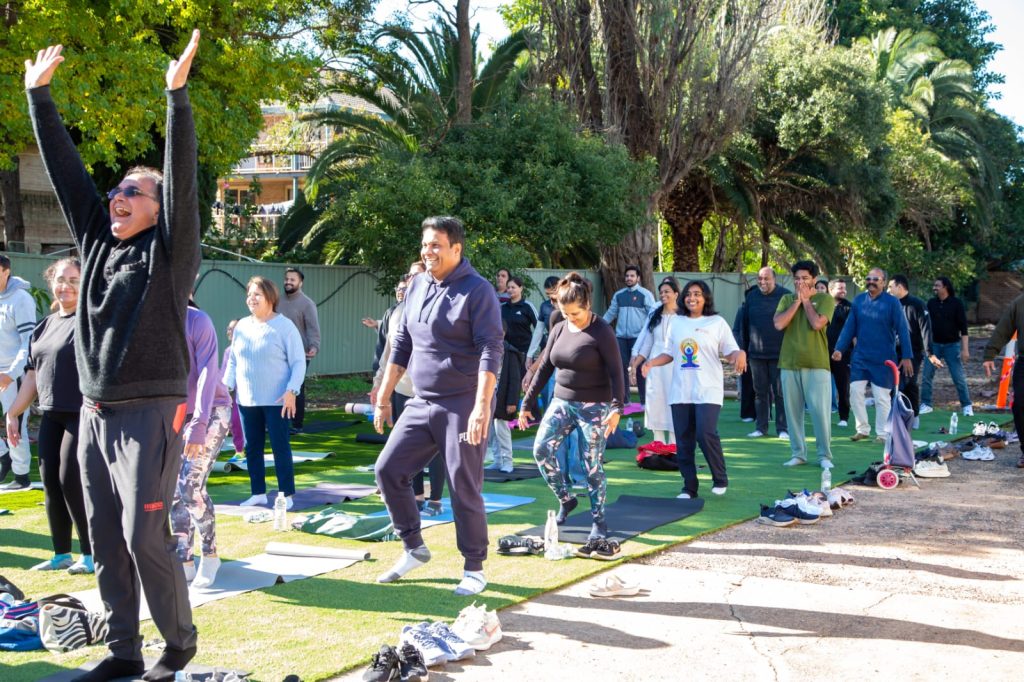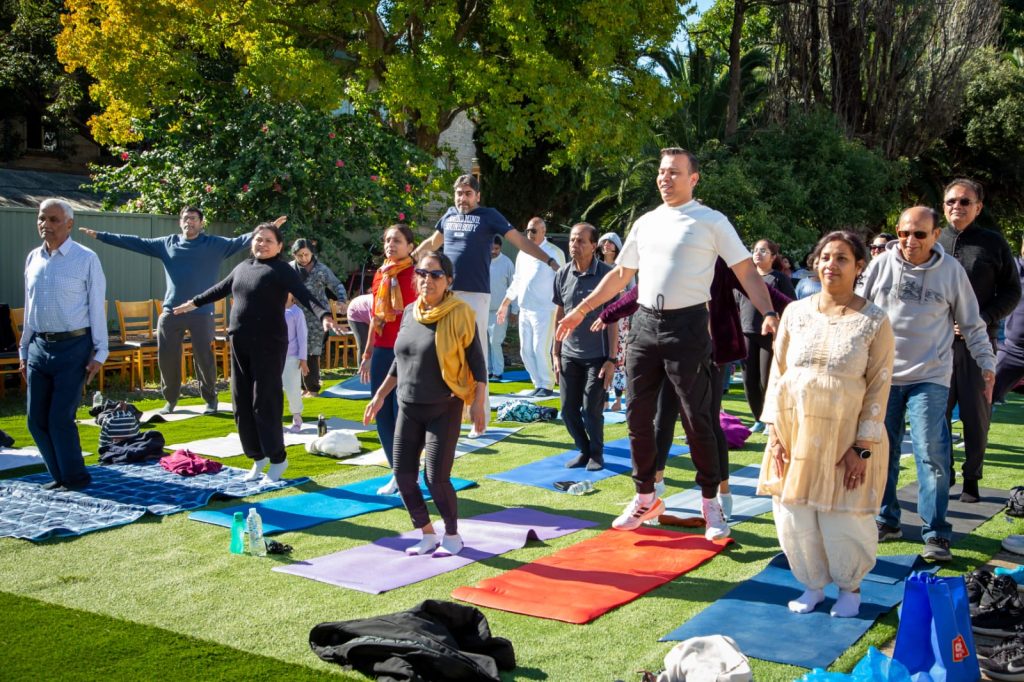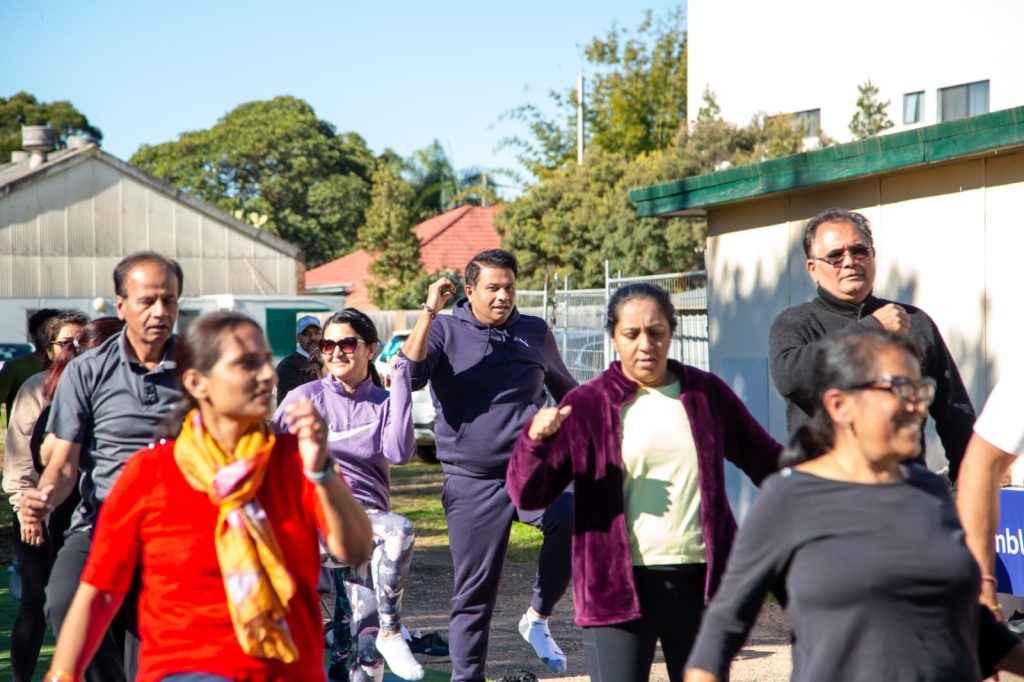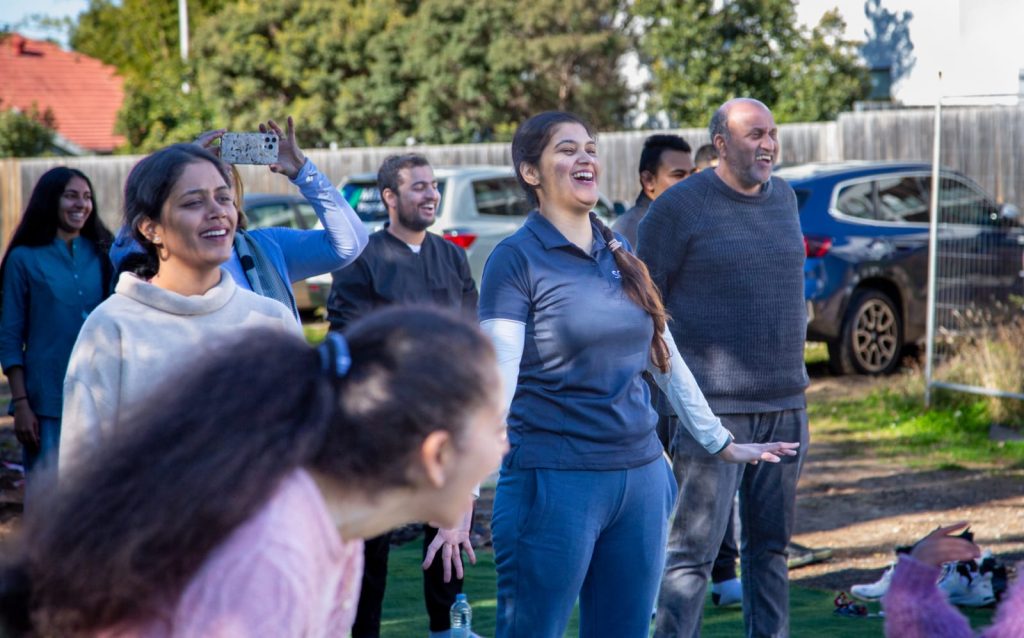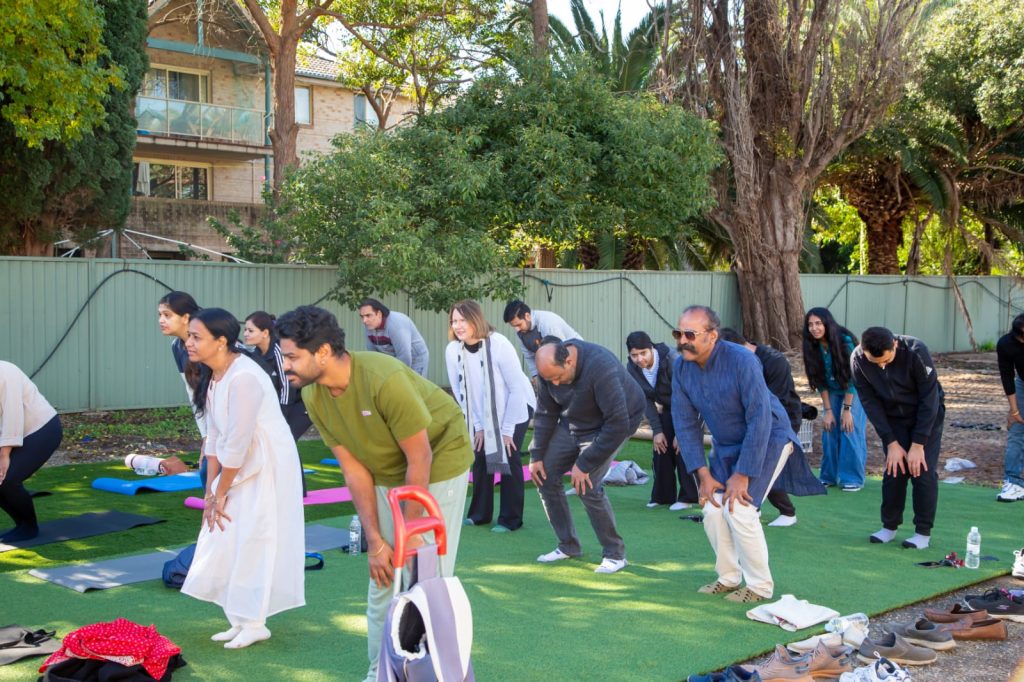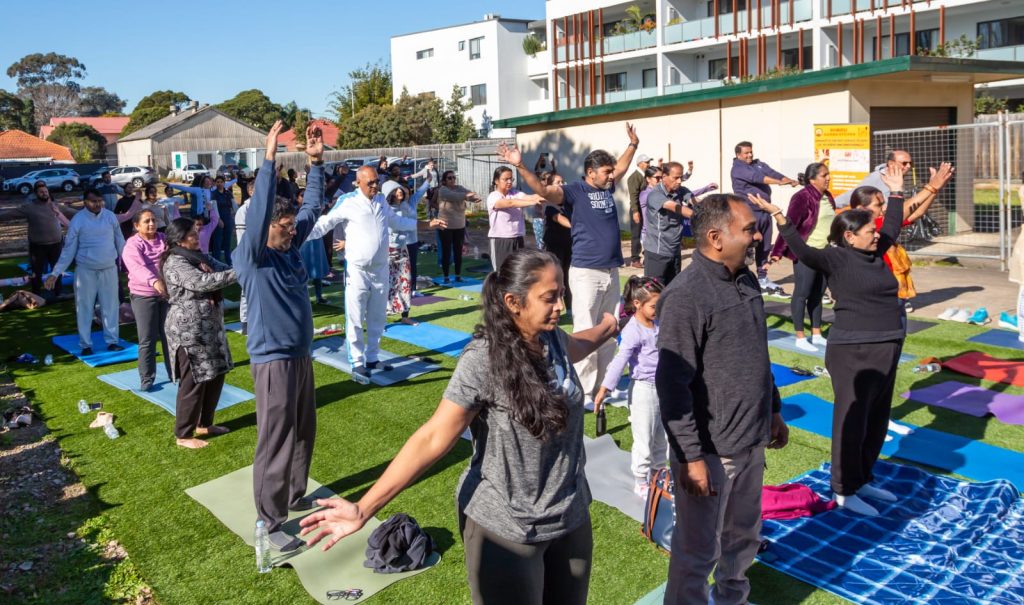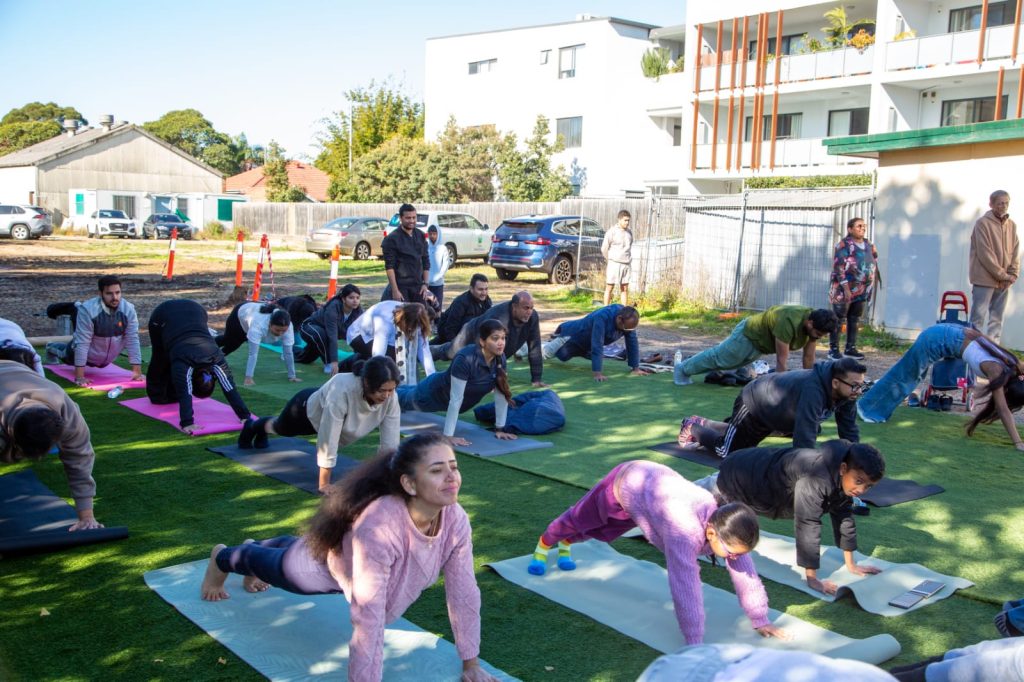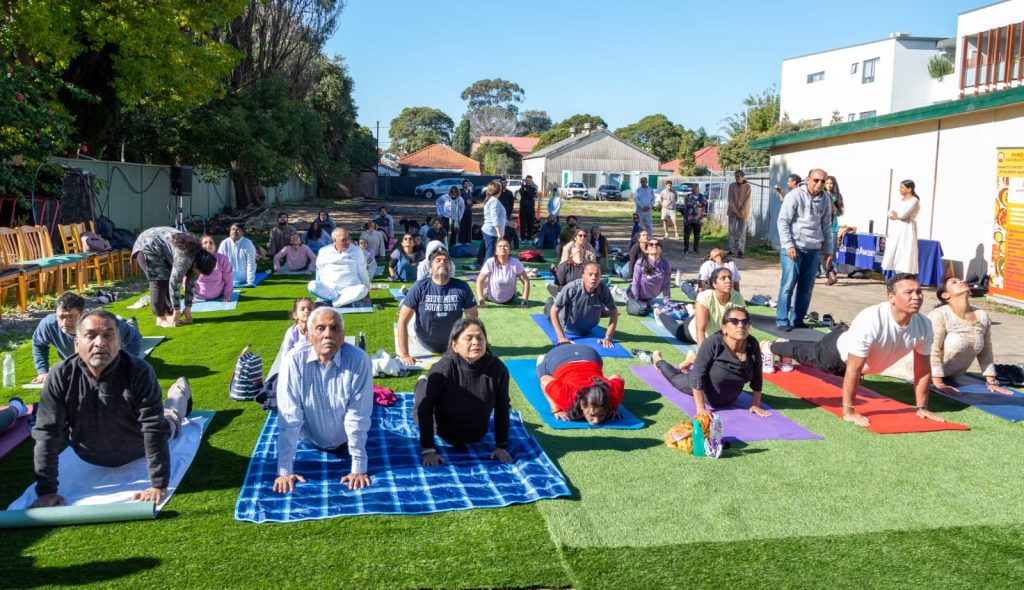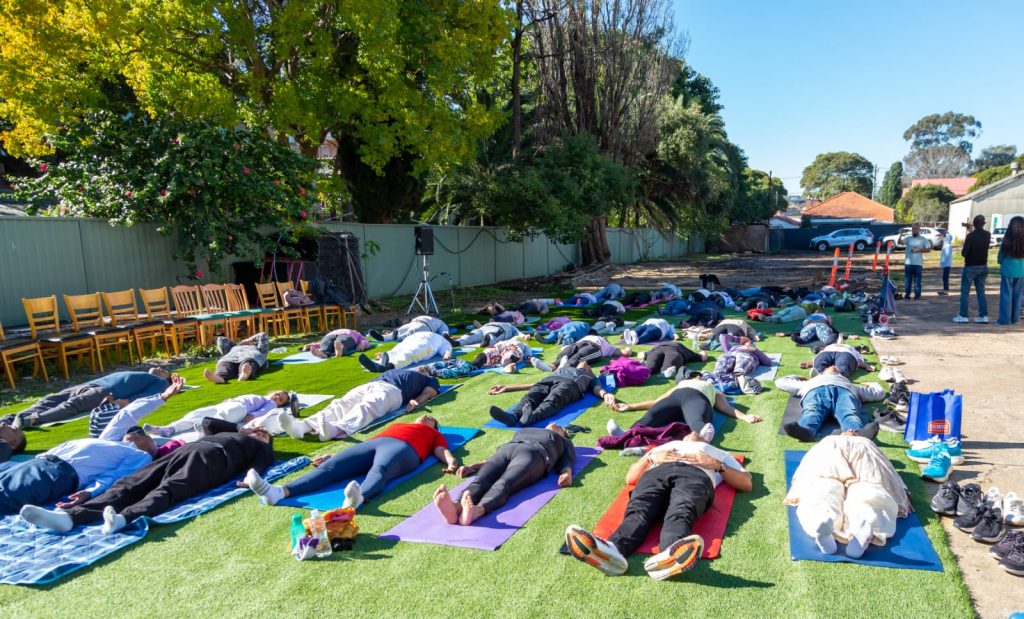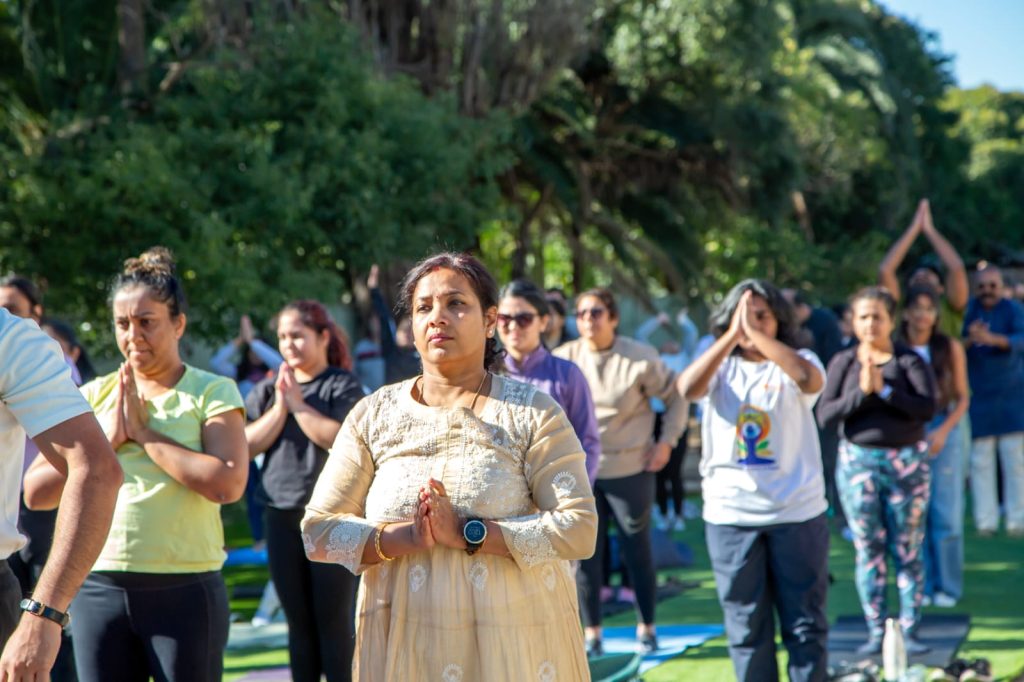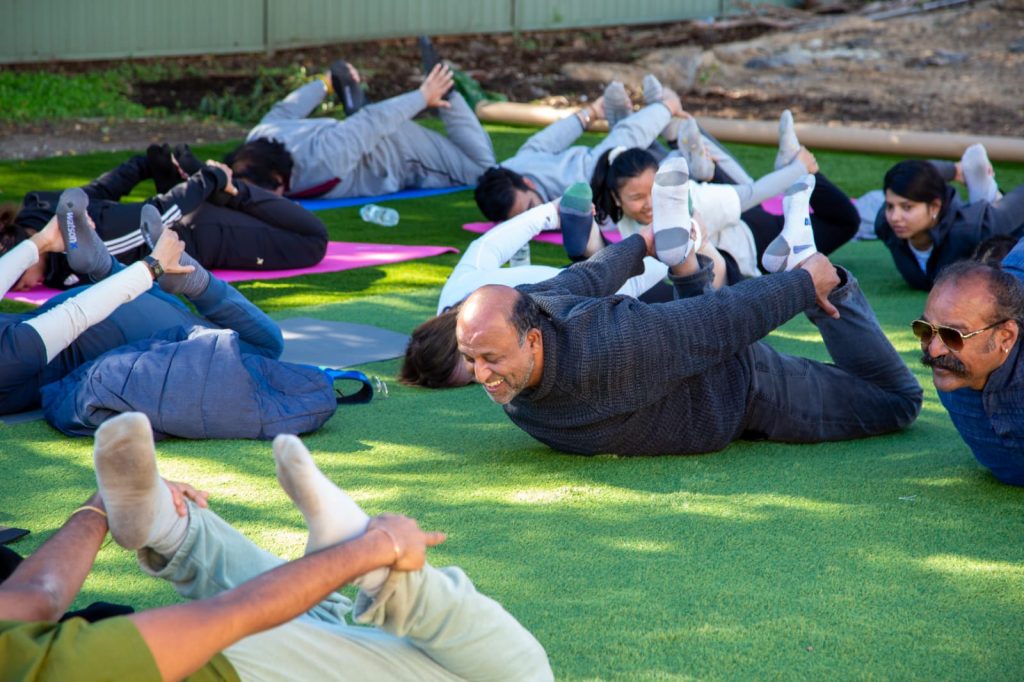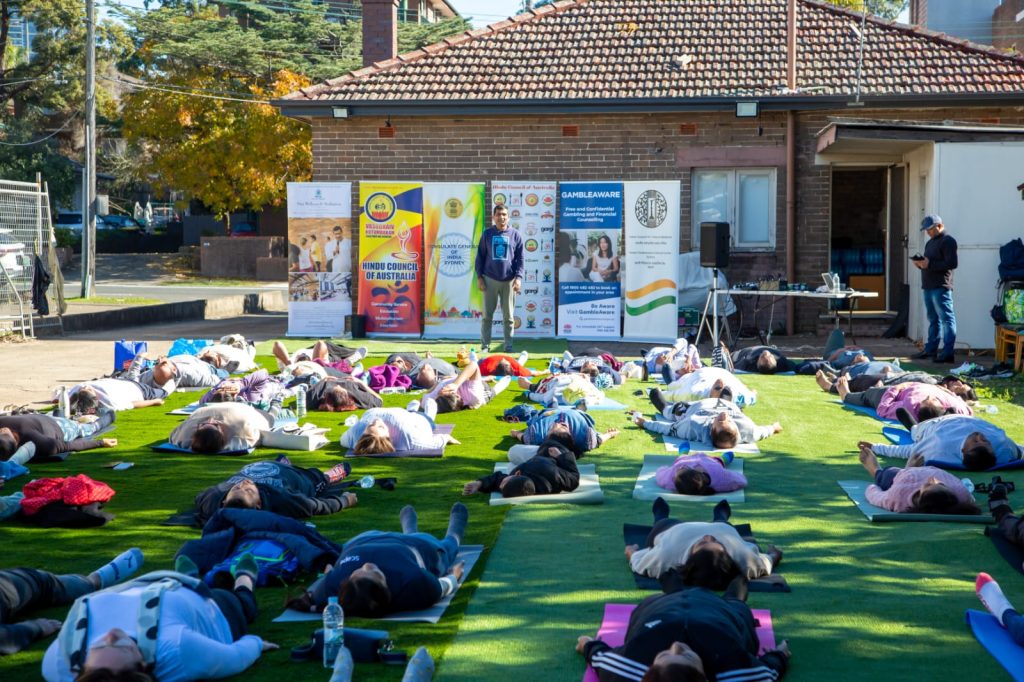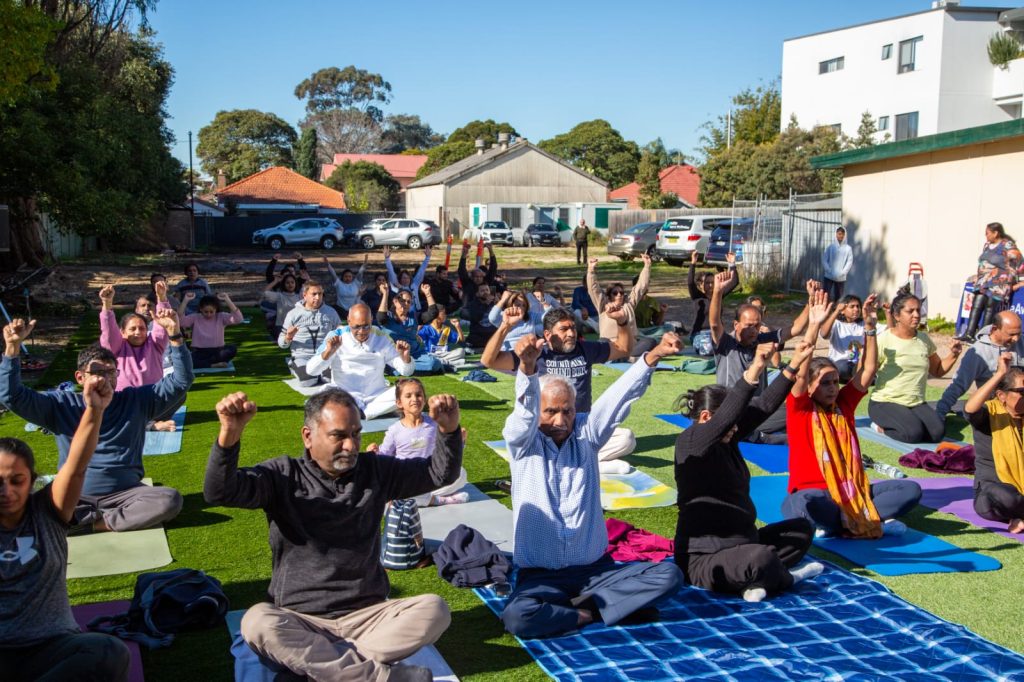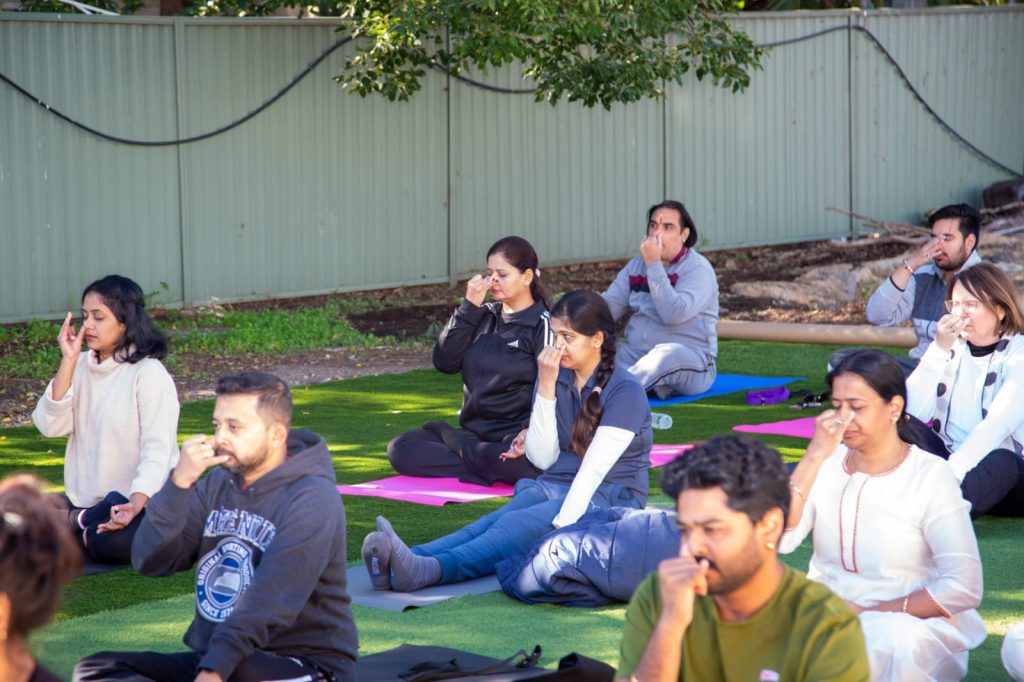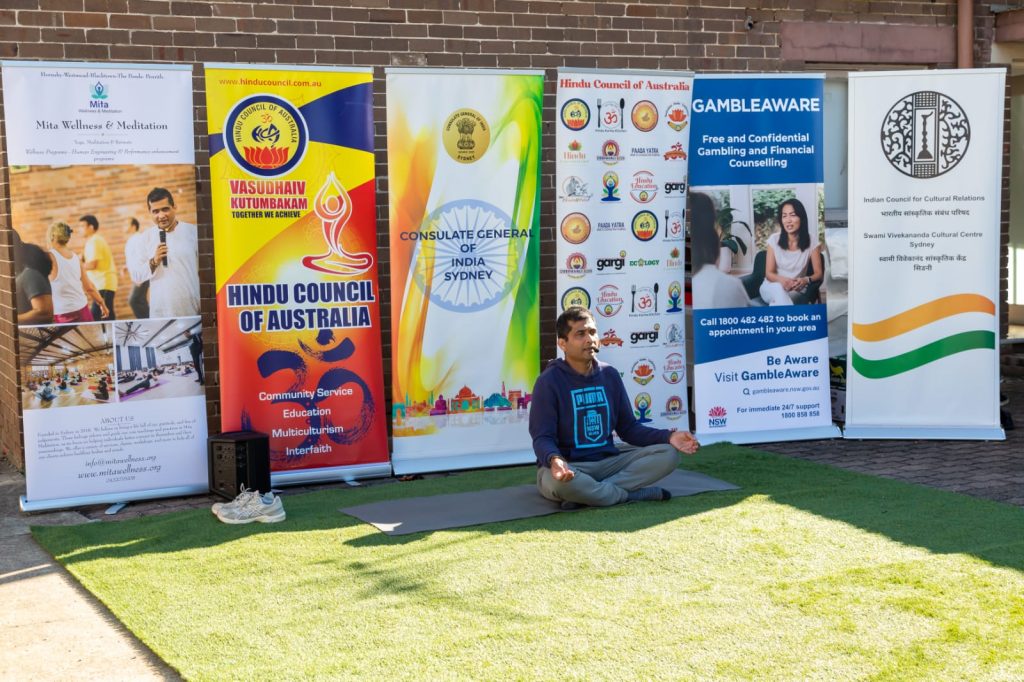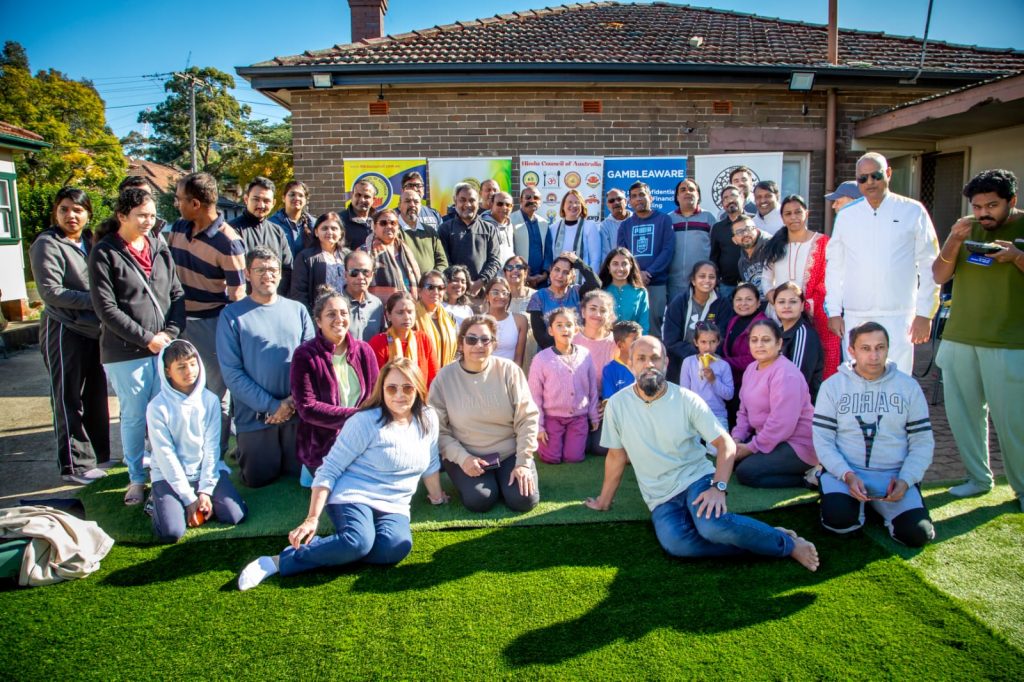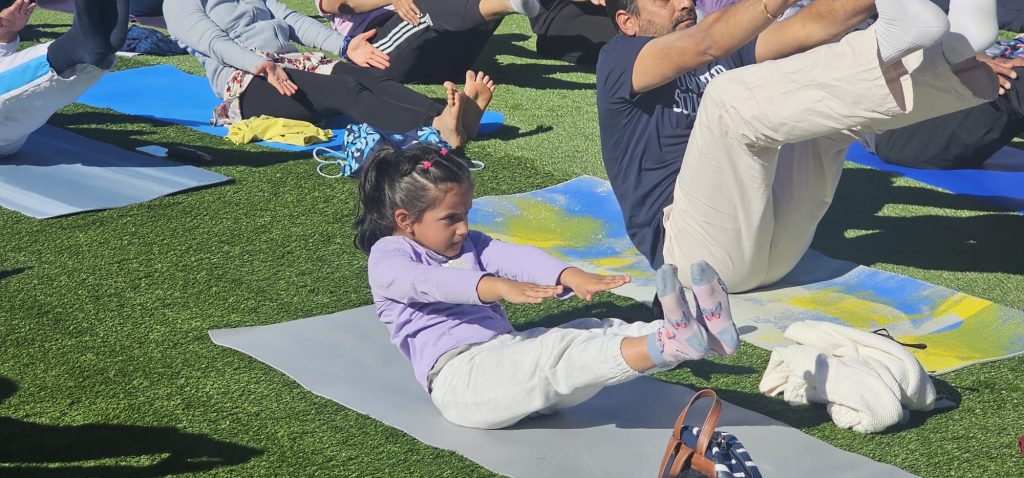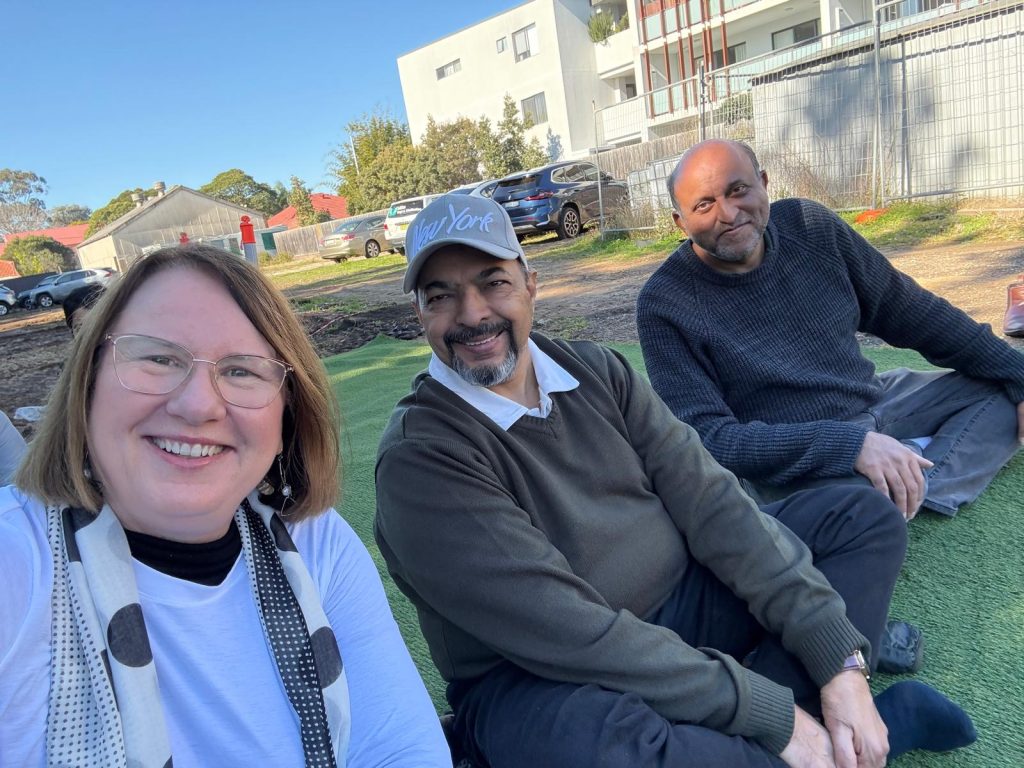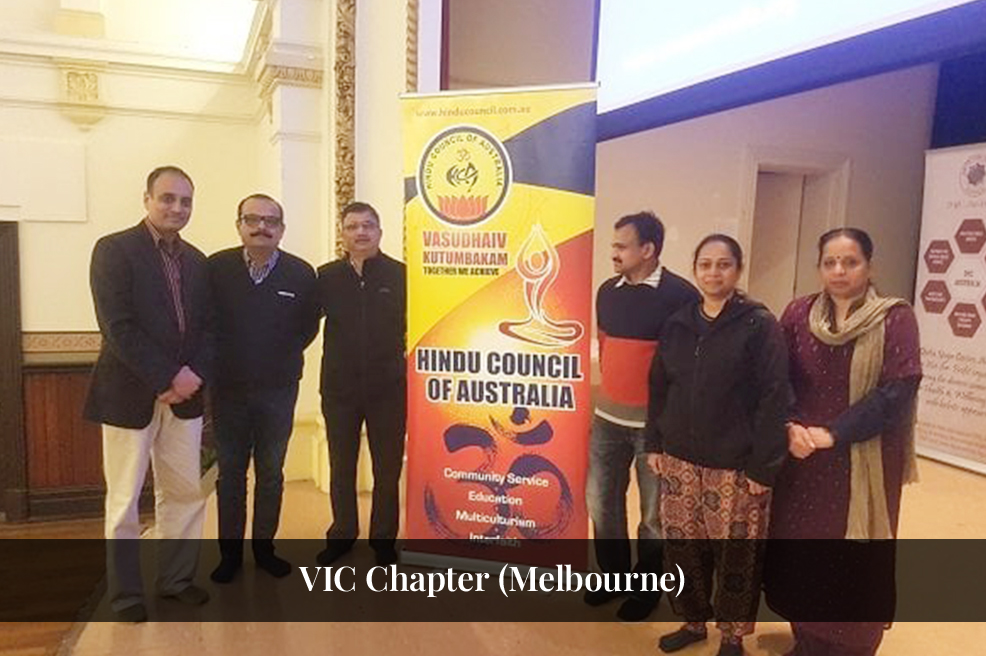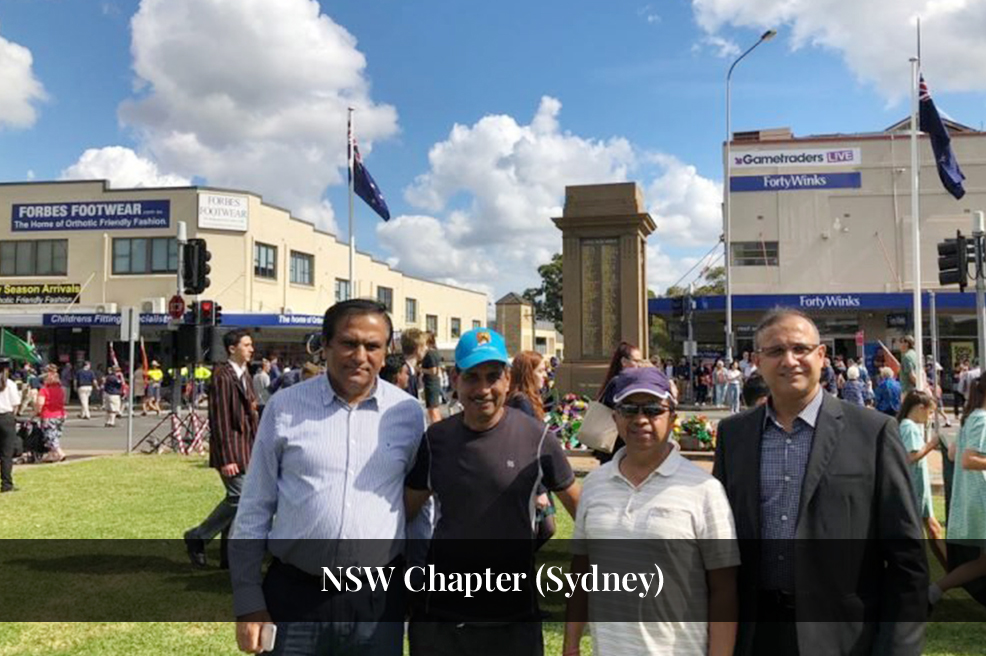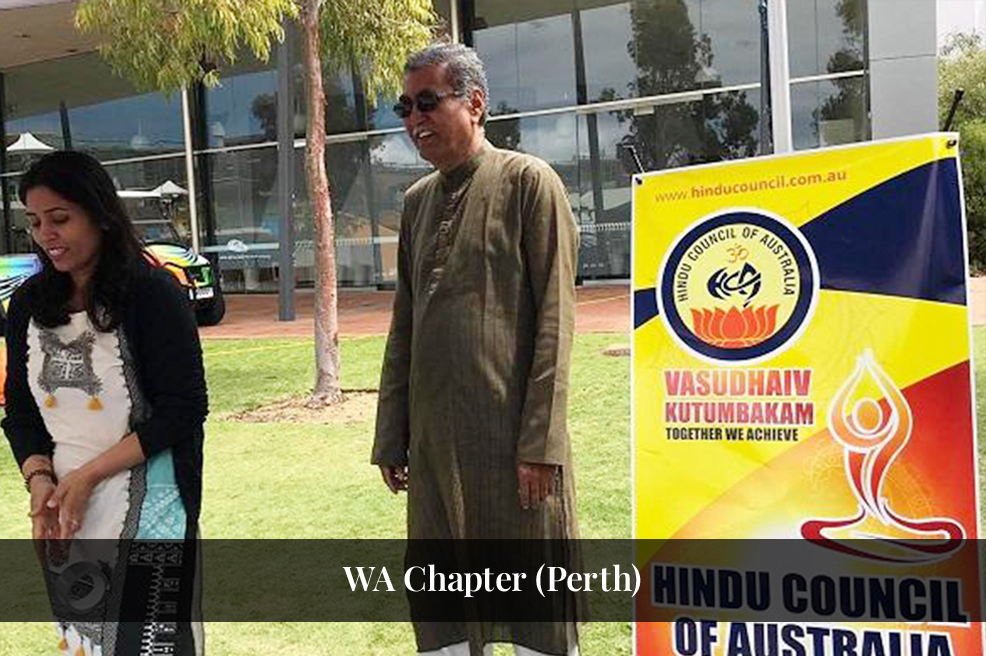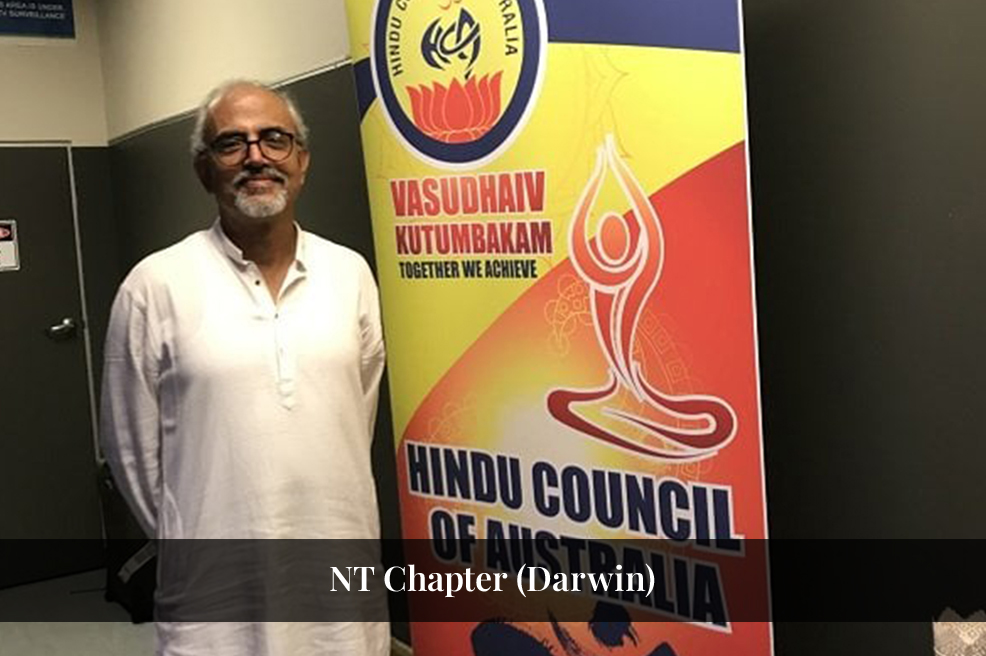In recent weeks, distressing reports have emerged about incidents of racism within James Ruse Agricultural High School, a top-performing institution in New South Wales. These incidents, including the use of racial slurs and exclusionary behaviour, have sparked deep concern within our community. As the Hindu Council of Australia, we strongly condemn all forms of discrimination and stand united with students and families who have been affected by these acts. Such behaviours are not only offensive but also go against the values of respect, harmony, and inclusivity that Australia proudly upholds.
Education is a powerful force, shaping young minds and instilling values that will guide them for a lifetime. Schools, particularly esteemed ones like James Ruse, have a duty to model the ideals of respect, inclusion, and mutual understanding. Racism has no place in such institutions. When students are made to feel less-than or isolated due to their ethnic background or heritage, it creates an environment of division, impacting their confidence, wellbeing, and academic potential. Moreover, the ripple effect of such negative experiences can extend beyond the school walls, leading to societal discord and harm.
The former principal of James Ruse, Ms. Rachel Powell, displayed commendable courage by addressing these issues openly. Her remarks reflect the urgent need for community-wide action to confront and eradicate racism in all its forms. It is concerning to hear that students of South Asian descent have been subjected to derogatory terms and labelled with names rooted in colonial and racial stereotypes. This behaviour cannot be justified or dismissed as “innocent mistakes” or as words picked up online. Adults—be they parents, teachers, or community members—bear the responsibility to guide young people, instilling values that respect diversity and honour the richness of different cultures.
The Importance of Unity and Inclusivity
The Hindu ethos teaches us that unity and harmony are not simply ideals but necessary pillars for a fulfilling life. As the ancient Sanskrit verse reminds us: “वसुधैव कुटुम्बकम्” “Vasudhaiva Kutumbakam” (The world is one family)
This principle, found in the Mahopanishad, speaks to the universality of human bonds and calls for an embrace of all humanity as kin. To think of the world as one family, we must go beyond superficial differences, recognising the shared humanity that binds us. Racism and exclusion are antithetical to this vision of oneness. When divisive actions occur, they not only harm individuals but disrupt the foundation of unity and peace.
A Call to Action: Addressing Racism Together
To eliminate racism in our schools, it is essential to take proactive, meaningful steps. We urge the Department of Education and school communities across NSW to consider the following actions:
- Comprehensive Anti-Racism Education: Incorporate cultural sensitivity and anti-racism training for students, teachers, and parents. Schools should actively teach the history and impact of racism, ensuring young people understand its consequences and learn the importance of respectful language and conduct.
- Strengthening Community Bonds: Foster an inclusive school culture that encourages students to engage with diverse peers. School events, activities, and projects that promote multicultural understanding can be valuable in bridging cultural divides and fostering mutual respect.
- Open Channels for Reporting and Support: Establish accessible channels where students can safely report incidents of discrimination. Support services should be readily available for those affected, and transparent follow-up processes should be in place.
- Partnership with Community Organisations: Engage with community organisations like the Hindu Council of Australia to develop and implement initiatives that enhance cultural understanding within the school community.
Moving Towards a Unified Future
We are all part of the vibrant mosaic that makes up multicultural Australia. The success of our society depends on our commitment to inclusivity and respect for one another’s backgrounds, beliefs, and values. Schools play a central role in this journey by cultivating an environment where every student feels safe, valued, and empowered to achieve their potential. Together, we can ensure that schools reflect the best of our shared values, creating communities where diversity is not merely tolerated but celebrated.
Let us commit ourselves to embracing unity and rejecting racism, upholding the principle of Vasudhaiva Kutumbakam—the world is indeed one family. By embodying these values, we can build a future where no child feels marginalised, and all students are able to thrive in a supportive, respectful community.
In unity,
Sai Paravastu
President, Hindu Council of Australia
